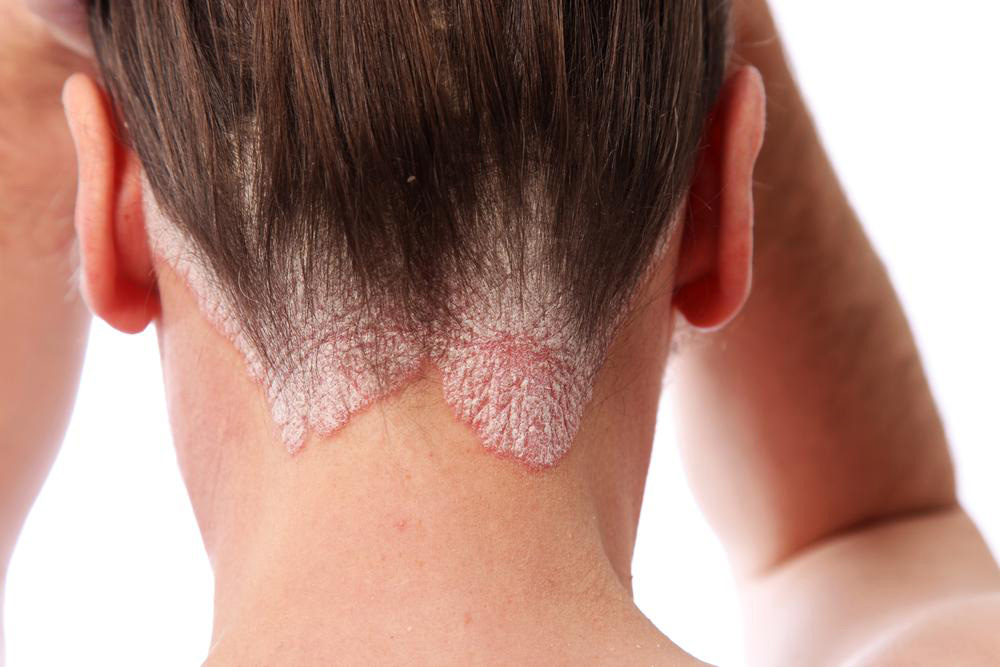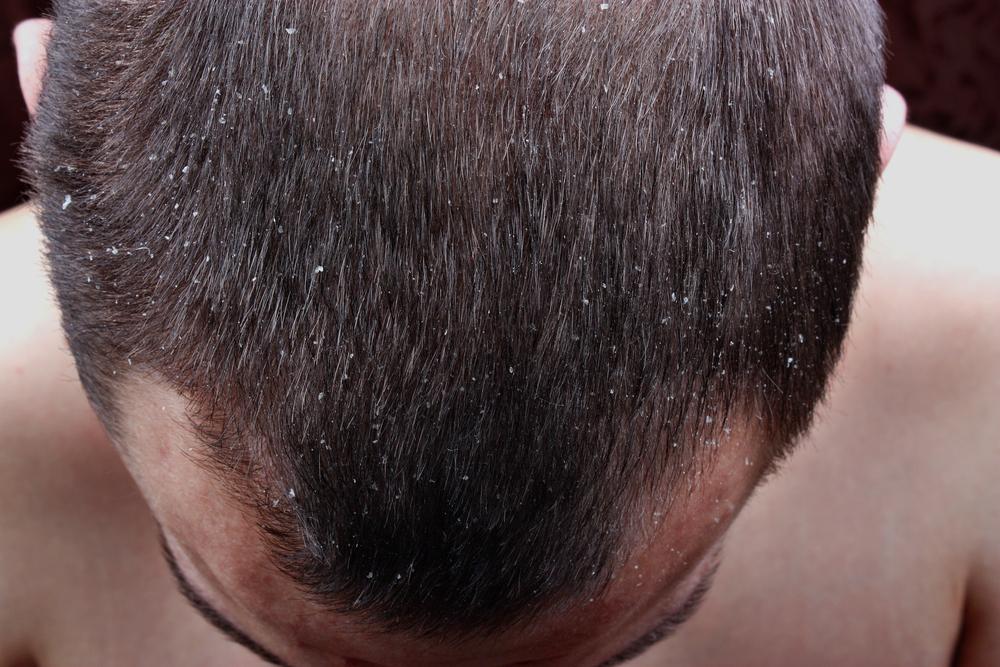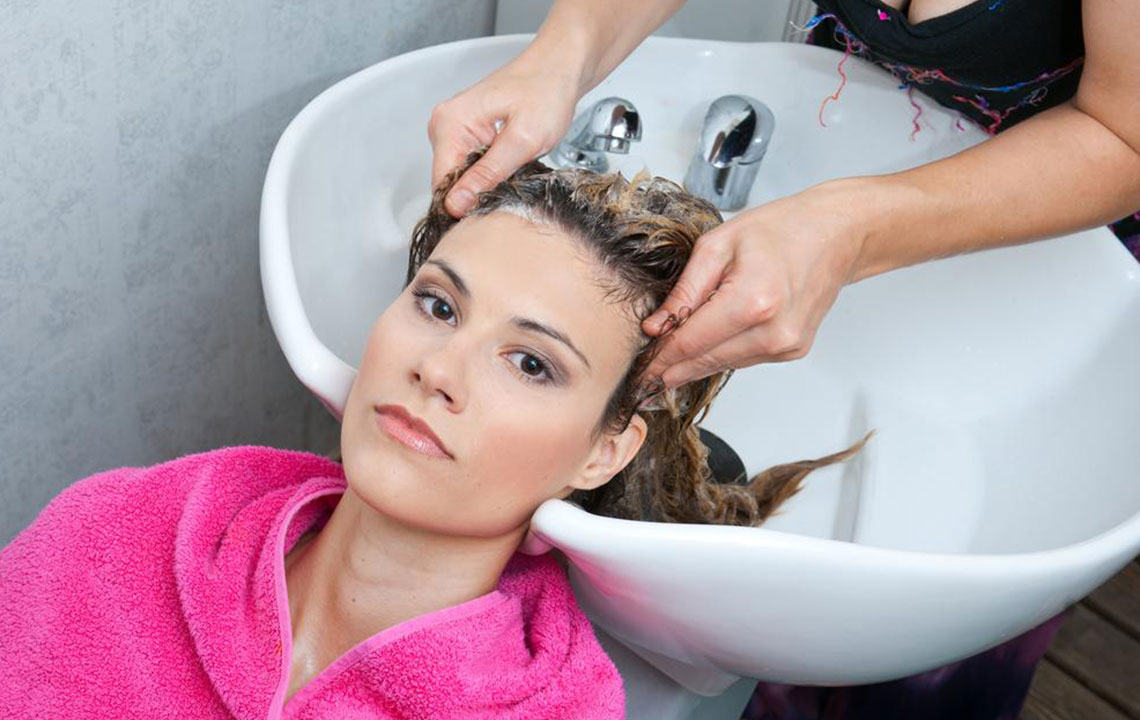Complete Guide to Managing Scalp Psoriasis: Causes, Symptoms, and Treatment Strategies
This comprehensive guide explores scalp psoriasis, detailing its causes, symptoms, and many effective treatment options. From topical therapies and phototherapy to natural remedies and dietary tips, discover how to manage this persistent condition effectively. Early diagnosis and personalized care are essential for controlling flare-ups, reducing discomfort, and improving scalp health. Learn practical lifestyle strategies to support skin health and prevent future outbreaks, ensuring a better quality of life for those affected by scalp psoriasis.

Complete Guide to Managing Scalp Psoriasis: Causes, Symptoms, and Treatment Strategies
Scalp psoriasis is a common yet complex autoimmune skin condition that affects many individuals worldwide. It is characterized by an accelerated buildup of skin cells on the scalp, leading to inflammation, redness, itchiness, and the formation of thick, scaly patches. These symptoms not only cause discomfort but can also impact a person's self-esteem and quality of life. The condition can sometimes extend beyond the scalp to areas such as the forehead, ears, neck, and even elbows, and may lead to hair loss in affected regions. Recognizing the early signs of scalp psoriasis is crucial for effective management and control, as the condition can often be mistaken for dandruff or other scalp issues, delaying proper treatment.
Understanding the underlying causes and effective treatment options for scalp psoriasis enables individuals to better manage their symptoms and prevent flare-ups. This comprehensive guide covers everything from the potential causes and symptoms to various treatment and lifestyle strategies designed to keep symptoms in check and improve overall scalp health.
Understanding the Causes of Scalp Psoriasis
The exact cause of scalp psoriasis remains unknown, but it is believed to result from a combination of genetic predisposition and environmental triggers that activate the immune system improperly. In individuals with a family history of psoriasis, there is a higher risk of developing the condition, highlighting the genetic component. Beyond genetics, several factors can trigger or exacerbate the condition, including lifestyle choices, environmental exposures, and overall health.
Genetic Factors: Individuals with a family history of psoriasis are more prone to developing scalp psoriasis. Specific genes associated with immune regulation and skin cell growth are involved, although the exact genetic mechanisms are still being studied.
Obesity and Overweight: Excess body weight can promote psoriasis outbreaks, especially in skin folds where moisture and friction can aggravate inflammation.
Smoking and High Stress Levels: Both smoking and chronic stress can weaken immune defenses and trigger flare-ups. Nicotine and stress-related hormones influence skin immune responses, increasing vulnerability.
Infections and Vitamin D Deficiency: Infections, particularly streptococcal throat infections, have been linked to psoriasis exacerbations. Vitamin D plays a vital role in skin health, and deficiency can impair skin cell regulation, worsening symptoms.
Alcohol Consumption and Certain Medications: Excessive alcohol intake can impair immune function and lead to inflammation. Some medications, such as beta-blockers and lithium, are known to induce or worsen psoriasis symptoms.
Recognizing the Symptoms of Scalp Psoriasis
Early diagnosis of scalp psoriasis hinges on identifying its characteristic symptoms. These symptoms can sometimes resemble other scalp conditions, so understanding the hallmark signs is crucial. Common symptoms include:
Red Patches or Plaques: Elevated, inflamed areas on the scalp that may be slightly raised and covered with silvery-white scales.
Thick Scales: Flaky, dry, and silver or whitish scales that can be difficult to brush away.
Dry and Cracked Skin: The scalp may feel dry, rough, and prone to cracking or bleeding in severe cases.
Itching and Soreness: Persistent itching, soreness, and discomfort are common, leading to scratching and further skin damage.
Hair Loss: Severe flaking and scratching can cause temporary hair thinning or hair loss in affected areas.
Bleeding: Scratched or cracked patches may bleed, especially with persistent scratching or skin erosion.
These symptoms tend to follow cycles, with flare-ups occurring intermittently. Factors like stress, weather changes, skin trauma, or infections can trigger or worsen symptoms, emphasizing the importance of managing external influences and triggers.
Effective Treatment Strategies for Scalp Psoriasis
Managing scalp psoriasis usually involves a combination of topical treatments, phototherapy, and systemic medications for severe cases. The goal is to reduce inflammation, control scaling, alleviate itching, and prevent flare-ups. Treatment plans should always be personalized, ideally under the supervision of a healthcare professional.
Over-the-Counter (OTC) Shampoos: Shampoos containing menthol, salicylic acid, or tar can provide immediate relief by soothing itching, loosening scales, and reducing inflammation. Regular use can help maintain scalp health.
Topical Treatments: Prescription creams and ointments such as corticosteroids, coal tar preparations, vitamin D analogs (like calcipotriol), and calcineurin inhibitors help reduce inflammation, slow skin cell growth, and decrease scaling.
Phototherapy: Controlled exposure to ultraviolet (UV) light, particularly narrowband UVB, can be an effective option for persistent or widespread scalp psoriasis. It helps slow down immune activity and reduce symptoms.
Systemic Medications: For severe or resistant cases, doctors may recommend systemic treatments like methotrexate, cyclosporine, or biologic agents that target immune pathways involved in psoriasis. These options are reserved for cases where topical and phototherapy treatments are insufficient.
Natural Remedies and Lifestyle Modifications
Alongside conventional treatments, natural remedies and lifestyle changes can significantly influence the severity and frequency of flare-ups. These approaches are aimed at soothing the scalp, reducing inflammation, and promoting overall skin health.
Aloe Vera: Known for its soothing and healing properties, aloe vera gel can help calm irritated skin and moisturize dry patches.
Coconut Oil: Applying coconut oil can help loosen scales, hydrate the scalp, and reduce itching. Its antimicrobial properties can also prevent secondary infections.
Apple Cider Vinegar: Diluted apple cider vinegar can be used as a rinse to help reduce scalp irritation and balance pH levels.
Baking Soda and Capsaicin: Baking soda paste may alleviate itching, while capsaicin creams can decrease inflammation by reducing substance P, which mediates pain and itching.
Oatmeal Baths and Sea Salt Rinses: These natural remedies can soothe inflamed skin, decrease itching, and support skin healing.
Sunlight Exposure: Moderate sun exposure boosts vitamin D production, which can help regulate immune responses and improve skin condition.
Diet and Nutrition Tips for Managing Scalp Psoriasis
Dietary choices play an essential role in managing inflammation and supporting immune health. Incorporating certain foods and nutrients can help reduce flare-ups and improve skin condition.
Omega-3 Fatty Acids: Rich sources like fatty fish (salmon, mackerel), walnuts, and flaxseeds have anti-inflammatory properties and can reduce psoriasis severity.
Turmeric and Colorful Fruits: Turmeric contains curcumin, known for its anti-inflammatory effects. Brightly colored fruits (berries, oranges) are rich in antioxidants that support immune health.
Whole Grains and Lean Proteins: Whole grains, skinless poultry, and plant-based proteins promote overall health and provide essential nutrients without triggering inflammation.
Supplements: Vitamin D, B12, selenium, and fish oil supplements may support immune function and skin health, but always consult a healthcare provider before starting them.
Proactive Management and Prevention Tips
Living with scalp psoriasis involves ongoing management to minimize flare-ups. Strategies include avoiding known triggers, maintaining good scalp hygiene, and practicing stress reduction techniques. Regular dermatologist visits are crucial to adjust treatment plans as needed and catch any complications early.
Keeping the scalp moisturized, avoiding harsh hair products, and protecting the scalp from extreme weather conditions can help maintain skin integrity. Managing stress through mindfulness, yoga, or meditation may also reduce the frequency of outbreaks.
When to Seek Medical Advice
If symptoms worsen or do not respond to over-the-counter treatments, consulting a dermatologist is essential. Signs that require medical attention include extensive hair loss, significant bleeding, or signs of secondary infection. Personalized medical treatment can provide more effective control of scalp psoriasis, preventing complications and improving quality of life.
In summary, scalp psoriasis is a manageable condition with proper understanding and treatment. Combining medical therapies with natural remedies and lifestyle modifications offers the best approach to controlling symptoms and maintaining healthy skin. Early diagnosis, personalized treatment plans, and ongoing care are vital to living comfortably with scalp psoriasis.





